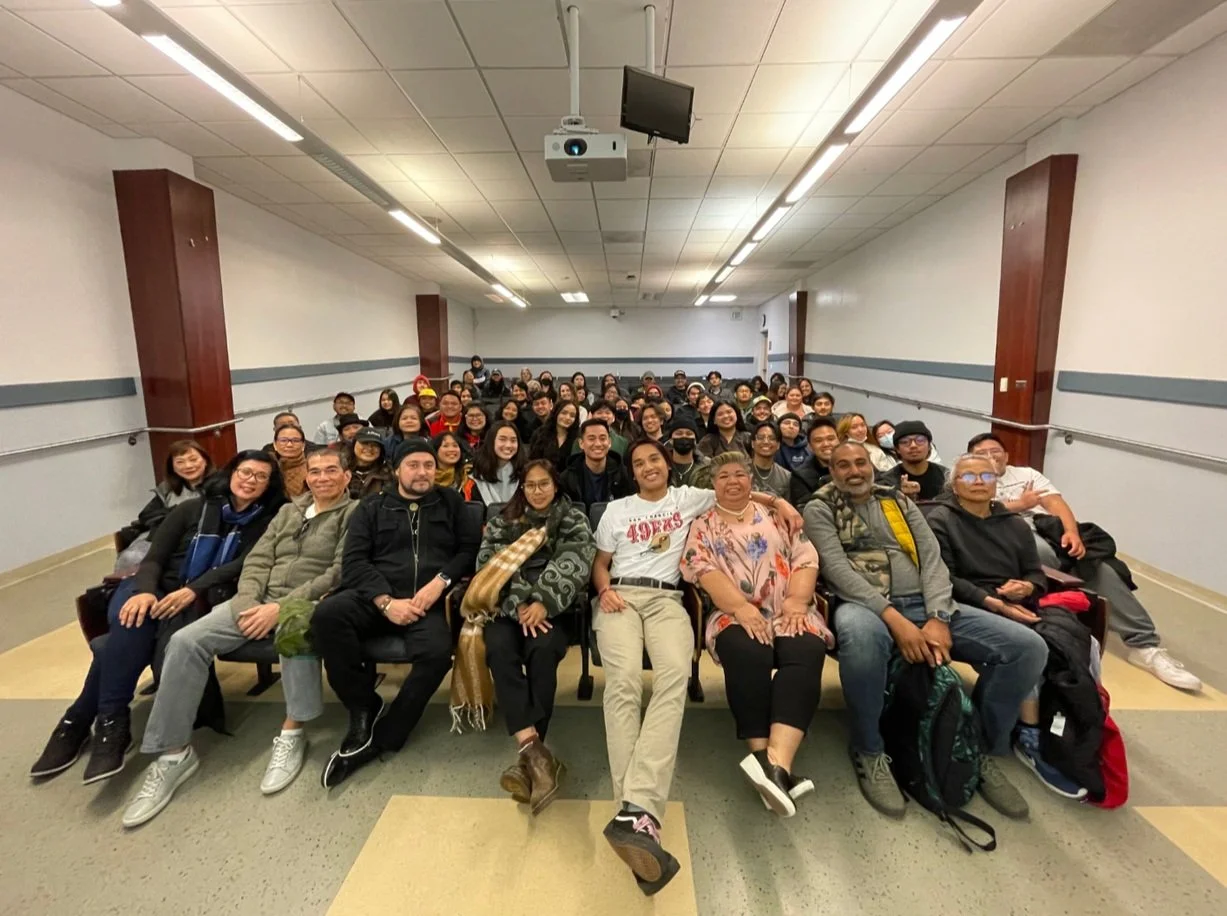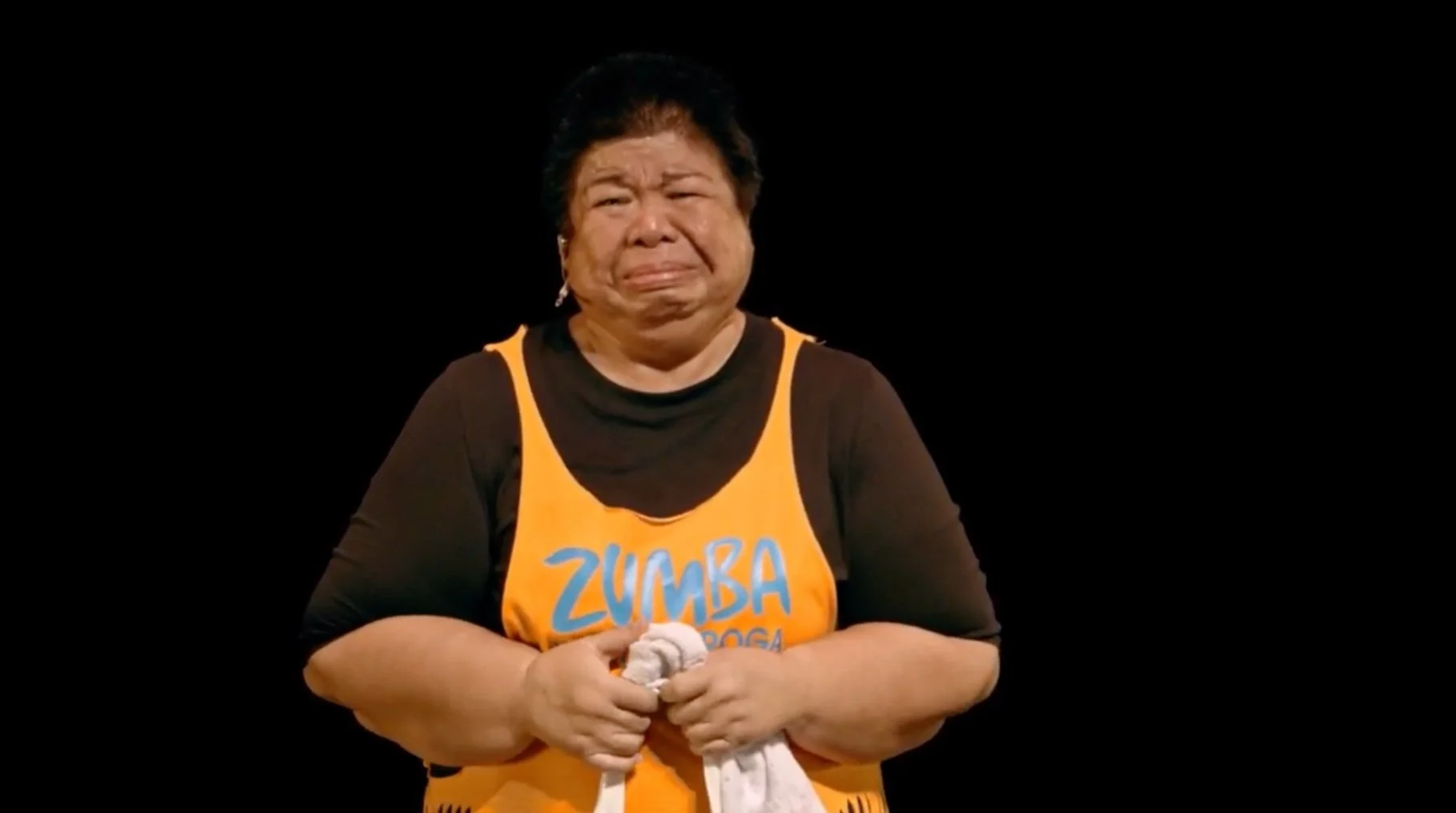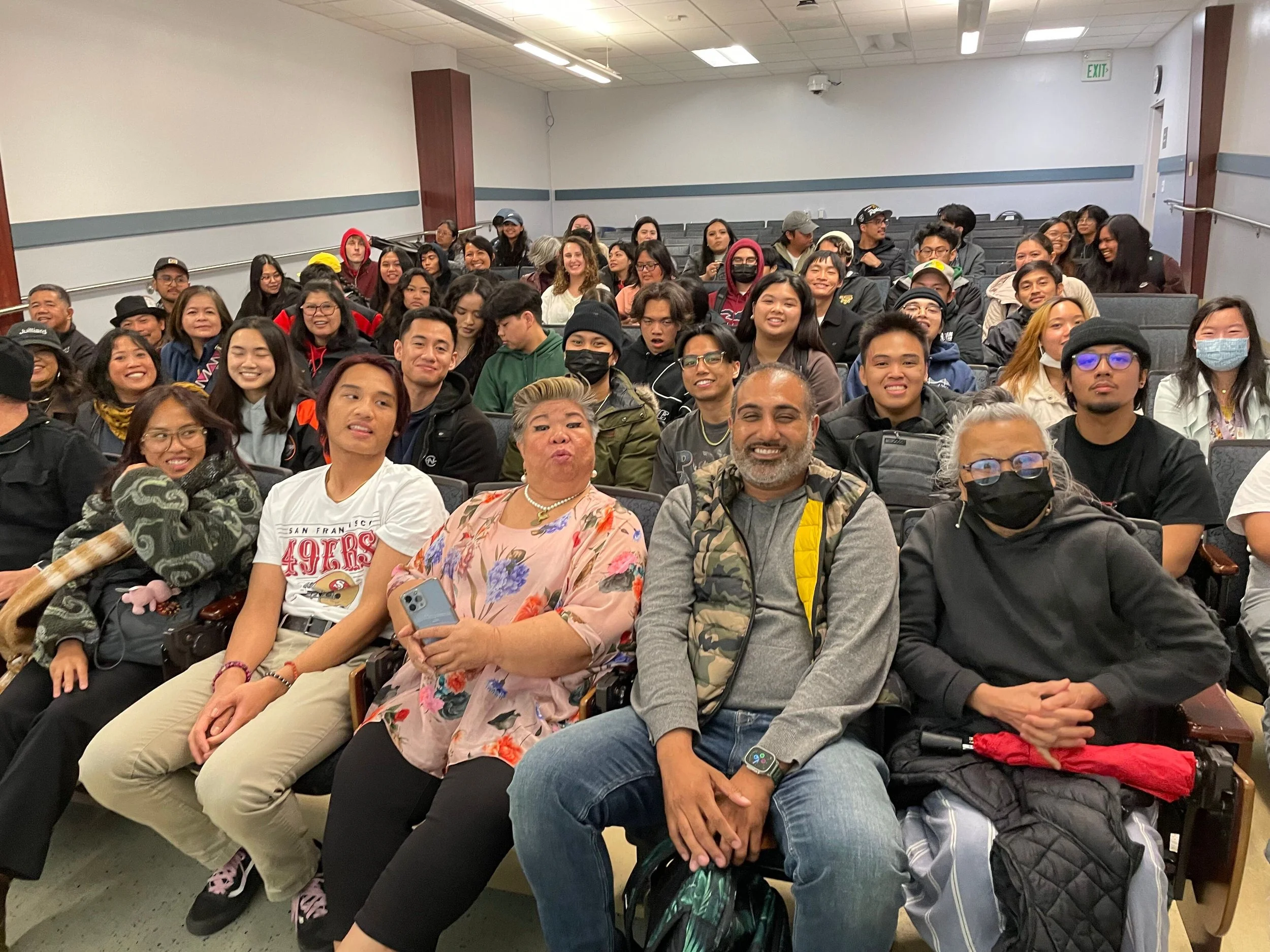Art Expands the Depth of Truth: Tao Po by Mae Paner
Mae Paner’s Tao Po
Film Screening
at SFSU
for Professor Irene Duller’s
Filipinx/a/o American Literature Arts & Culture
Tuesday, May 2, 2023
About the Film:
Tao Po, a film produced and directed by performer-activist Mae Paner aka Juana Change is a masterpiece that delves into the reality of extrajudicial killings in the Philippines. In a time of great division and extreme polarization, we often forget the very thing that unites us – our humanity. Tao Po which literally means “I am human” explores the visceral emotions, innermost thoughts, and personal journey of those caught in the crossfire of the bloody drug war in the Philippines.
Tao Po film screening at SFSU, 2023
KULARTS presented the film screening of Tao Po with help from community at SFSU thanks to Professor Irene Faye Duller, Dr. Raju Desai, and students & guests alike who attended to see the film’s premiere with the artist/activist/performer Mae Paner AKA Juana Change herself.
The following is the transcribed Q&A with Mae Paner that took place after the film’s screening:
Dr. Raju Desi introducing Mae Paner
DR. RAJU DESAI: Mae Paner puts her words, body, spirit, and heart where her beliefs are, outspoken about political issues in the Philippines. It is about connecting us to our relatives. We want to use our language to talk about issues in our communities here and in the Philippines. We use her work in classes to be a role model for what students can do with language. [Introducing Mae Paner]
MAE PANER: This project came about as a product of my depression and anger. It came to a point where seeing so many killings was normal. I called my friend and said “Why don’t we do something with this feeling?” We joined a group of journalists called The Nightcrawlers who went to the sites of killings. They would also go to mothers’ group therapy sessions. I’ve brought this film all over the Philippines and performed it over 6 countries all over Europe as a play. For the first time now, the film is touring the U.S. as a movie.
Professor Irene Faye Duller introducing Tao Po to the audience
PROFESSOR IRENE FAYE DULLER: [This film is] a testimony to how far art can take us into the truth. Other means can bring us directly to truth but art will bring us to the depth and the feeling of it.
Q&A
Q: How did you prepare yourself for the vigilante role?
MAE PANER: There was a friend that said “Mae, I don’t think what’s happening is that you inhabit the characters. I think they’re the ones possessing you.” That is what helps me perform. The script also helped a lot- to be able to understand the script really helps me get into the characters thanks to the writer, Maynard Manansala. The script comes from interviews by real vigilante interviews and Senate hearings.
Mae Paner speaking to the audience at Tao Po screening
Q: Have you done shows like this for other pieces?
MAE PANER: I’ve been an actor since 1983, so I’ve been performing mostly monologues because in the Philippines they call me Juana Change. I speak truth to power and make commentary on the government.
I don’t like to preach to the choir so I used the opportunity to show the film to the PNP (Philippine National Police). There was a live viewing and as well as virtually, other police officers and generals were brought in to watch.
Q: Were there other stories you wanted to tell that didn’t make the film?
MAE PANER: Oh, yes. The embalmer. He was an interesting character. He’s the one who tips the journalists off to what happened because he’s first on call to get the bodies.
Q: Would you classify this as a documentary?
MAE PANER: This is a play, this is a movie, kind of a documentary, and at the same time the stories continue to happen- so they called it Live Cinema.
Q: Why did you want to do the acting approach for telling the stories?
MAE PANER: Well, I am an actor so the way I know how to do is to act. When these stories got to me I said “Why don’t I perform because there’s few people as crazy as me to perform.”
Still from Tao Po
Q: Have you gotten any threats?
MAE PANER: Yes. But if you become fearful, they succeed. I try to be very visible and be bigger than life. I go to rallies in costumes and I’m loud. I think that’s also my protection. The more people who know me, the safer I am.
Q: What happened to Vanessa [young girl character in the film]? Where is she now?
MAE PANER: Vanessa has just turned 18. I was supposed to go to her birthday party but I had [another engagement]. So she still has deep, deep trauma. After the death of both her parents, [her siblings] had to be separated and given to different relatives and she’s having difficulty living with the relatives- sometimes she’s at odds with them and keeps on transferring [to other homes]. It’s not been easy. There are times we will meet and talk and she’ll tell me “Tita Mae, i want to end all of this” because she just can’t take the trauma. So I try to talk her out of it.
Q: Did you ever get to interview the chief or the mayor?
MAE PANER: Yes. The interview was done through a priest and a filmmaker.
Still from Tao Po
Q: Is it ever hard and/or how do you approach Duterte sympathizers and law enforcement? How do you go about having these hard conversations?
MAE PANER: I think you have to realize that whoever they are, you have a connection to them. We need not build walls but build bridges and to be able to be in conversation with the perpetrators themselves. It doesn’t help if I’m always showing this to human rights activists. I’m preaching to the choir.
I always encourage myself to talk to people who actually believe that addicts should die. I try to at least when I talk to people to tell them that the revolution has to happen and to start in our consciousness and our hearts. It is only from there that we can make that shift. I hope these conversations don’t only make you aware but also make you act, bringing activations and transformations, human to human. Tao Po is a knock at our humanity. So that means we’re being human to all even to those who hurt us.
Mae Paner plays a mother who lost her son and husband in Tao Po
Q: When you showed the film to police officers and generals did you have any notable conversations?
MAE PANER: One [person] was saying that the film was one-sided. I had to tell them I tried the best I could to portray the truth about the killer. I don’t think anyone will really be transformed but I think I opened something up because they were willing to watch it. No one in that context will admit they’re wrong. At the time of Duterte, the president had their backs- they were earning more money than before. It was ₱5,000 per head and then it became ₱15,000 per head. You earn more and you believe you’re doing your job.
Really this is a war against the poor. They can’t do [the killings] at the gated communities in Manila so its a war against the poor more than a war on drugs.
There are a group called NoBox who talk to different institutions of government to help them understand the reality of the drug problem in the Philippines.
Still from Tao Po
Q: Shifting from doing it live to a film, what does it look like for you between those two mediums and what is the difference in the interaction with audience?
MAE PANER: Initially the theater was really small and it was the time of Covid and I was too close to the audience. So a friend said we should expand into a bigger venue. A friend who saw both the film and the plays says the impact of the film is still very strong. [The] screen is huge- imagine seeing the dead people in front of your face. It’s harder to look at things on that scale. It’s a tie as a film or a play- [both] work.
Q: For you, how have you taken care of yourself as you’ve mentioned these characters come to you. How have you taken time to reflect on this?
MAE PANER: This play has made me even more human. How I take care of myself is to get in touch with the best part of who I am. That’s why I have KAWA Pilipinas. That’s why when I cook and feed, it helps me find a balance with the other humanitarian work. That’s the way I cope. I [also] love 3-hour massages and I do that because I really have to take care of myself and love myself.
Q: This was a criticism of Duterte. How are you doing now with this current administration?
MAE PANER: I remember I was 20 or 19 years old and I was already an activist and shouting “NEVER AGAIN!” to martial law and now it’s Marcos again. My approach is this: I do what I can now and I’m not attached to results. So I sleep soundly at night because I do what I need to do and take it one day at a time.
Q: What is your best advice to Fil-Am activists globally to show solidarity?
MAE PANER: Don’t politicize. Humanize.
Q: How can we support KAWA?
MAE PANER: We do have a Paypal account for KAWA Pilipinas Paypal: KAWA.pilipinas@gmail.com Please donate to KAWA.
Q: What is your hope for Pilipino communities in response to this?
MAE PANER: Don’t just be aware. Operate from your heart and do what you can because I’m sure that from wherever you are there is something that you can do. Whether you are a writer, a painter, or good at dancing. Start with where your strength lies.
I make sure to talk with my family and not let the issue of our country separate us. I fight them but after a while I say “Okay.” I had to learn the hard way because I was [fired up] before, until in my evolution I learned how important it is to connect. Because if you’re always talking to all the same people all the time [what will change?] Be involved authentically- don’t feel like you have to mimic anything that doesn’t feel right.
So wherever you are, you can do something to connect back to home.
Mae Paner and the audience at Tao Po Film Screening, SFSU 2023











